There comes a time when everyone has to sit and think about what they use on their PC, especially if you're on Linux. For me, Arch Linux (via EndeavourOS) just wasn't working out any more and so I've moved to Fedora.
While I was reasonably happy with Arch Linux, it's just not stable enough for me personally. It's a very subjective thing of course, and highly dependent on what hardware you use — along with how often you update. For me, it just messed things up a bit too often, and last night was the final straw.
I updated either that day, or the day before, and just before a livestream was due to start, my SteelSeries headset no longer worked. No matter what I tried, following guide after guide about PipeWire, nothing helped. Just this weird and very quiet electrical static noise whenever I tried piping audio to it. Eventually it worked again by some downgrading, plus random hotplugging and testing it on a Windows machine for a sanity check and it started somewhat working again. My Microphone was another issue, at the same time it decided to be ridiculously quiet for no apparent reason I could see so there were wider problems. I had enough, I had work to do and after hours of hair-pulling — hello from Fedora.
Thankfully, with the likes of Flathub / Flatpak packages and how far along apps like Discover have come along for installing packages and setting things up, there's not a whole lot to learn. It's been a very long time since I used Fedora, and it was one of my first Linux distributions I tried sticking with back when it was "Fedora Core" and wow — it's always surprising to see how far we've come as a platform for doing anything.
Fedora does come with some of its own issues, like NVIDIA drivers being a nuisance to install, which they definitely should improve. If other distributions can do one-click or one-line installs, I'm sure they could do it too. However, it's just another point towards me swapping to AMD when prices settle, or perhaps Intel when Arc properly launches for desktop. I also need to figure out why Dropbox won't load on startup, some little things like that.
Anyway, are you really a Linux nerd if you don't distro-hop at least once a year? Jokes aside, I look forward to seeing why people keep recommending Fedora nowadays as a stable distribution, let's see how long it takes me to break it.
Yes you did. Goddam.

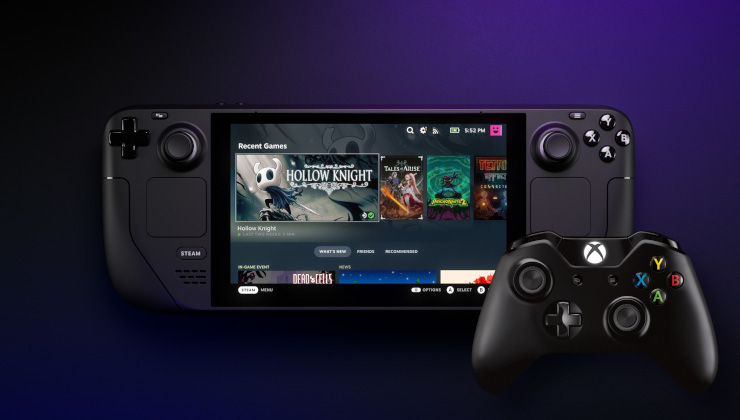
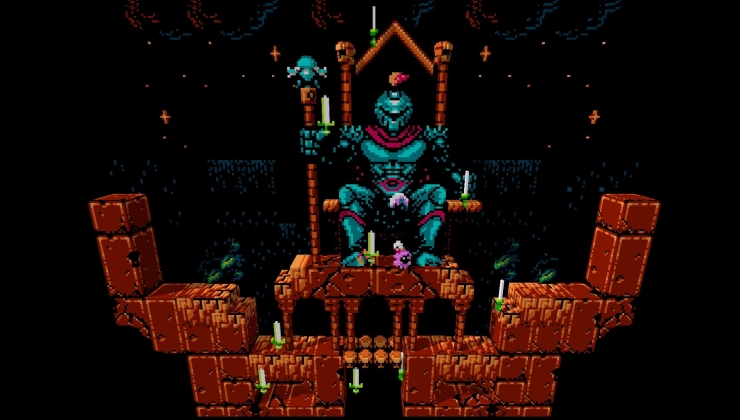
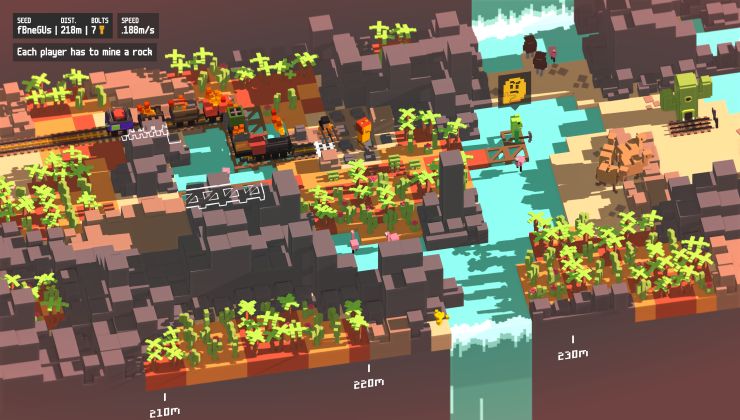



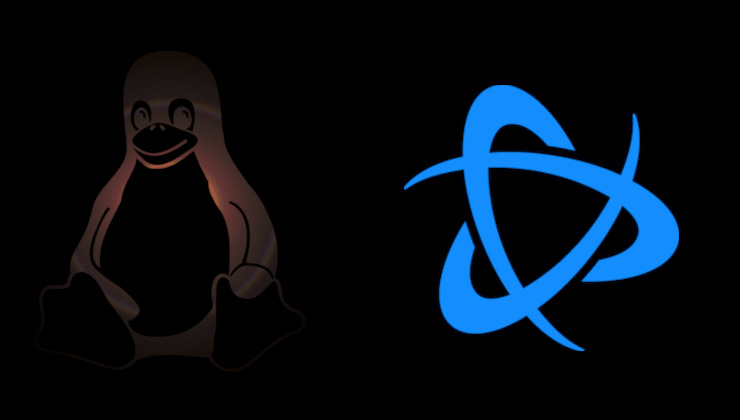 How to install Battle.net on Linux, SteamOS and Steam Deck for World of Warcraft and Starcraft
How to install Battle.net on Linux, SteamOS and Steam Deck for World of Warcraft and Starcraft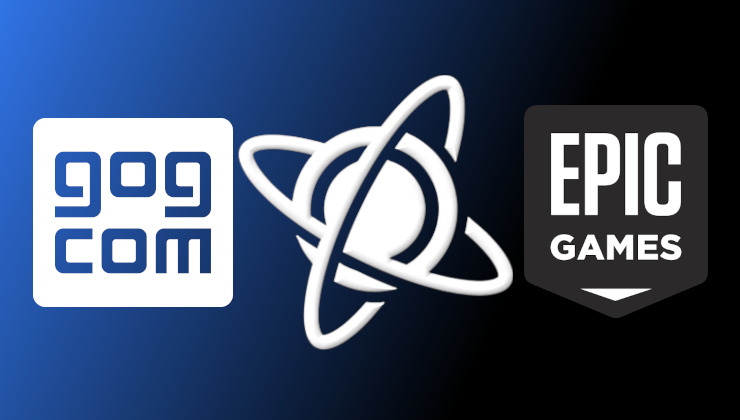 How to play games from GOG and Epic Games on Linux, SteamOS and Steam Deck
How to play games from GOG and Epic Games on Linux, SteamOS and Steam Deck